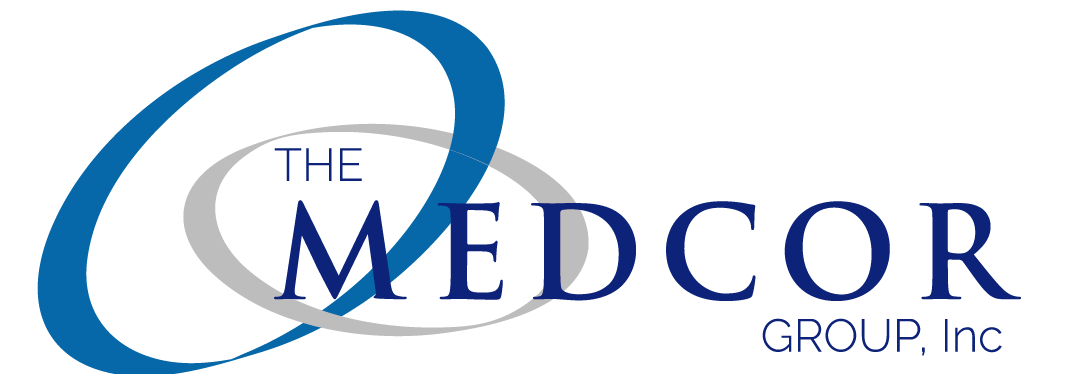Revenue cycle management (RCM) is the process that manages claims processing, payment, and revenue generation. RCM unifies the business and clinical sides of healthcare by pairing administrative data, for example a patient’s name, insurance provider and other personal information with the treatment a patient receives. Medical billing software or practice management software is used to manage the patient revenue cycle to effectively keep track of the claims process.
Revenue cycle management includes:
- Pre-billing review & tips on coding
- Coding Analysis
- Claims filing and appeals
- Preparation and delivery of correspondence
- Billing management
- Managing inquiries – patients, insurers and regulatory authorities
- Financial management reports – account receivables and revenue
Communicating with health insurance companies is a significant part of RCM. After a patient receives treatment for a given condition, a healthcare provider or coder categorizes the treatment according to ICD-10. The healthcare facility then sends the care summary with ICD and Current Procedural Technology (CPT)codes to the patient’s insurance company to find out what portion of the care will be covered by insurance, with the remainder billed to the patient.
Revenue cycle management increases the profitability for doctors, medical groups, hospitals and IPAs through medical practice audits, medical claim submissions, and medical practice management.


